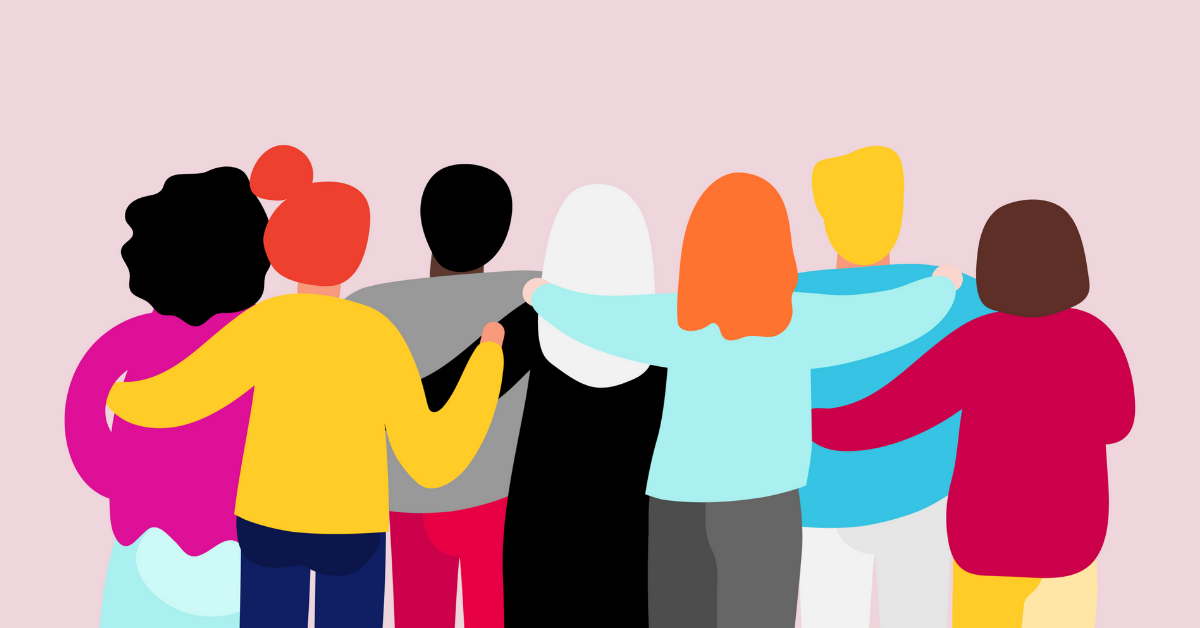|
Teaching is a labor of love, but the love does always balance out the labor.
My understanding of what it means to be a teacher was reinforced by how the media portrays teachers in film. I wanted to be Michelle Pfeiffer, winning over the “dangerous minds,” or Robin Williams inspiring the overachievers with his progressive ways, or Morgan Freeman pushing the students to do the right thing, or Edward James Almos challenging his students to step up and become the academics they were. Each of these portrayals, all based on true stories, tells the tale of a teacher who gave everything they had to their students — and within two short hours, saved the day.
In reality, my teaching experience feels more like a dark comedy than a feel-good hero story. Teaching is a labor of love, but the love does always balance out the labor. At the end of the day, when our patience is out the window, and things keep piling on, we have to figure out what it means to be a teacher, a parent, a social worker, and a nurse, all at the same time. Teachers often find themselves wondering, is this what burnout feels like?
Emotional labor
Recent research has investigated the silent toll that those in caretaking roles, such as teachers, face. They call the phenomena emotional labor. Former teacher turned journalist Emily Kaplan says, “Teaching is all about reaching clear to the heart of another human being and using everything you’ve got to make a difference. It’s calming kids when they’ve had a rough recess, celebrating when they lose their first tooth, absorbing their struggles and their traumas, channeling their joy and investing the currency of your own emotions in an effort to help them grow." It’s the opposite of what we’re supposed to do on the airplane — we’re putting the oxygen mask on everyone else before we put it on ourselves. Researchers highlight that when society inevitably fails to provide students with what they need, teachers feel “personal and professional guilt, which they must suppress for the broader good. Emotional labor begets more emotional labor.” And this challenge is compounded even more because the only power we really have in the system is in the confines of our classroom. Educators feel pressed down and overwhelmed by systemic obstacles with no clear path forward. So where does that leave us? Brene Brown might suggest that it leaves us feeling disconnected and isolated. It leaves us searching for connection. Connection, Brene says, is "the energy that exists between people when they feel seen, heard, and valued.” Connection creates energy. When isolated and disconnected we feel tired, lonely, and potentially depressed. But opportunities for connection create energy between people. Within that space, we can “give and receive without judgment; and derive sustenance and strength from the relationship."
Connection as an antidote to emotional labor
So that begs the question — what makes you feel seen? We can come to some agreement that there are three simple ways we can see and be seen. The first is simply, to listen. David Augsburger says that “being listened to is so close to being loved, that most people cannot tell the difference.” Listening feels like love. How can we listen more intently? Who do you need to listen to you? Who do you need to listen to? Second is to reflect. To reflect is to go back, to see again. When we reflect what we’ve heard to someone who is sharing with us, we demonstrate that we see their perspective, even if it’s different than our own. If 100 people shared what each of them saw in a Rorschach test, for example, we’d get 100 different answers. Everything from a puppy to an ice queen to muddy footprints. When we are reflecting what we’ve heard, however, we don’t need to rush to share our own opinion, or how we perceived the situation, or give tips about how others can see what we see. All we need to do is reflect what we understand their perspective to be. Here we seek first to understand, and then to be understood. And finally, we want to acknowledge, in one way or another, that no one is in this alone. You are not alone. You may be teaching by yourself. You may be grading papers on your own. But you are not alone. A community of educators has a deep bench, and we are here to connect with you, to acknowledge your experience, and reflect on your experiences. This is empathy. And Brene Brown reminds us of the power of empathy, noting that when we express or open ourselves up to feel another person’s feelings, we are we are saying, “I know what it’s like, and you are not alone.” We know what it’s like. And we see you. |
|
The Center for Professional Education of Teachers (CPET) at Teachers College, Columbia University is committed to making excellent and equitable education accessible worldwide. CPET unites theory and practice to promote transformational change. We design innovative projects, cultivate sustainable partnerships, and conduct research through direct and online services to youth and educators. Grounded in adult learning theories, our six core principles structure our customized approach and expand the capacities of educators around the world.
|
ABOUT US
525 West 120th Street, Box 182 New York, NY 10027 416 Zankel Ph: (212) 678-3161 [email protected] Our Team Career Opportunities |
RESOURCES
Professional Articles Ready-to-Use Resources Teaching Today Podcast Upcoming PD Opportunities |
COACHING SERVICES
Custom Coaching Global Learning Alliance Literacy Unbound New Teacher Network Student Press Initiative |





















